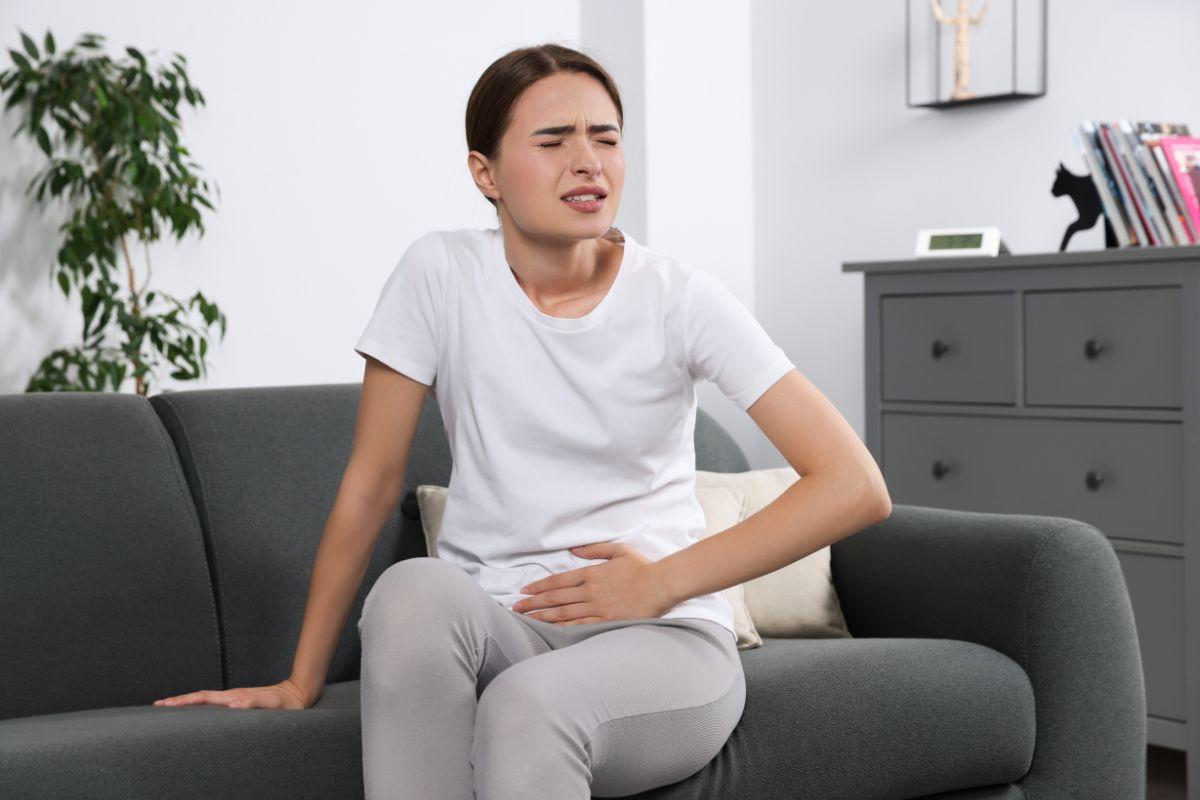Written by Mr Mahantesh Karoshi for Doctify
What is Polycystic Ovary Syndrome (PCOS)?
The cysts actually represent eggs that have stopped growing. They are unable to reach full maturity and thus ovulation does not occur in a timely manner (figure 1). It is sometimes called polyfollicular ovarian syndrome, but PCOS is the widely used term.
Figure 1

How common is PCOS?
PCOS affects women of reproducing ages. Features of PCOS can be found in 1 in 3 women, however only 1 in 10 will suffer from PCOS.
What are the symptoms of PCOS?
Women with PCOS can have any of the following symptoms:
- Very irregular periods
- Absent menstrual cycle (more than 60 days)
- Scanty periods (periods lasting less than two days)
- Obesity (body mass index more than 30)
- Difficulty falling pregnant
- Hair loss or excessive hair on the face or chin
What are the other consequences of PCOS?
A few women with PCOS have problems with regular period. Because of this, the lining of the uterus does not shed off in a timely manner. If this goes on for many years there is a small chance that this thickened lining of the uterus can turn into precancerous change. In a minority of such women cancer of the lining of the womb may happen if regular periods do not happen (Figure 2).
Figure 2
I have PCOS, what precautions should I take?
If you have been diagnosed with PCOS, the most important thing you can do is to lose weight. Even a 10% weight loss can have lots of potential positive effects.
In addition, you should have at least four periods a year. If this is not happening, you need to consult your GP or a Gynaecologist.
Is there a cure for PCOS?
There is no cure for PCOS but you can keep the symptoms of PCOS under control with different therapeutic strategies. Usually PCOS resolves once a woman nears to her menopause.
Will PCOS affect my chances of getting pregnant?
As PCOS results in irregular ovulations, a few women with PCOS may need medical help.
I have no periods or very irregular periods and am worried about sinister pathology in the lining of the womb in the long term. Is there anything that can be done to prevent this?
- The most important thing is to optimise body weight (keeping BMI to < or equal to 25)
- Make sure you have at least 4 menstrual cycles per year (either natural or artificial)
- If your family is completed and there are no contraindications, then system insertion (Mirena)
What other additional problems may I suffer from if my PCOS is not controlled?
Studies have shown that women with uncontrolled PCOS may develop the following problems:
- Diabetes
- Cardiovascular problems such as high blood pressure
- High cholesterol levels and its attendant risks
Is there anything I can do?
Experts recommend a yearly check up to identify early development of associated complications.
.
Concerned that you might be suffering from PCOS? Click below to book an appointment with a highly qualified Obstetrician & Gynaecologist right now.




